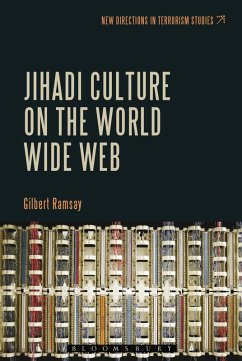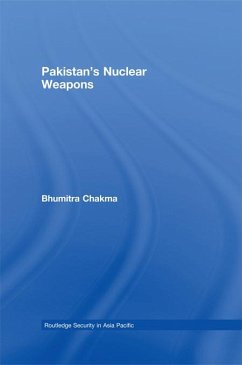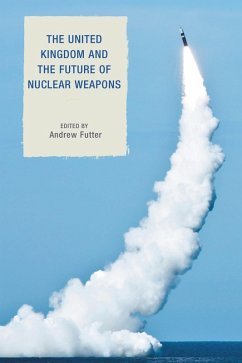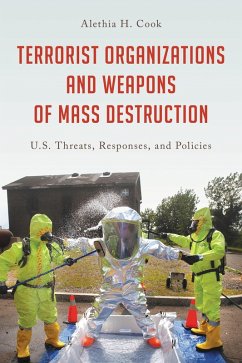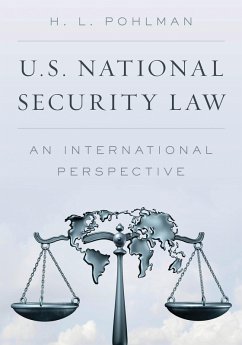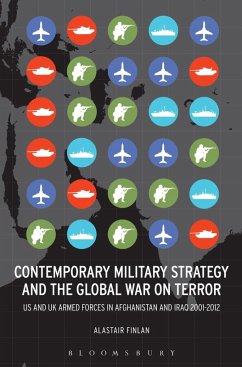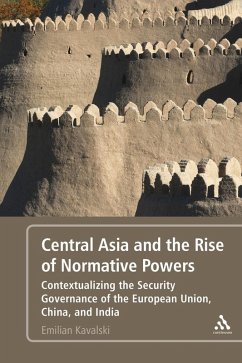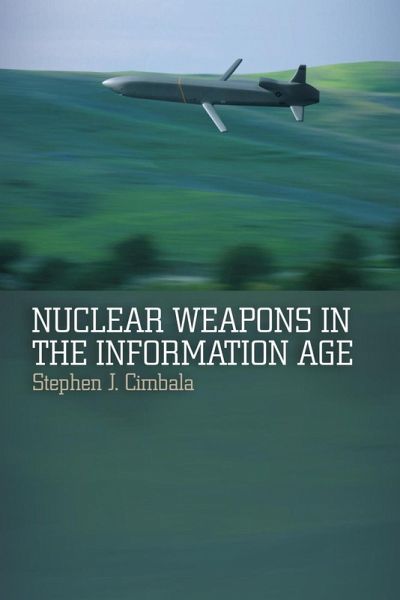
Nuclear Weapons in the Information Age (eBook, PDF)

PAYBACK Punkte
12 °P sammeln!
In today's information age, the coexistence of nuclear weapons with advanced conventional weapons and information-based concepts of warfare is a military contradiction. Nuclear deterrence was initially predicated on geopolitical, military, and technical assumptions. These were based on Cold War politics, rational deterrence theory, the concept of mutual vulnerability, and the fact that information and technology diffusion were limited. Today, however, far from being obsolete, nuclear and other weapons of mass destruction have not only survived, but have become weapons for states that face secu...
In today's information age, the coexistence of nuclear weapons with advanced conventional weapons and information-based concepts of warfare is a military contradiction. Nuclear deterrence was initially predicated on geopolitical, military, and technical assumptions. These were based on Cold War politics, rational deterrence theory, the concept of mutual vulnerability, and the fact that information and technology diffusion were limited. Today, however, far from being obsolete, nuclear and other weapons of mass destruction have not only survived, but have become weapons for states that face security threats, including perceived threats of nuclear blackmail, or expectation of conflicts. This study focuses on this unplanned coexistence of two distinct arts of war, including the possibility that states like the U.S. may be held hostage to nuclear blackmail by "outlier" regimes or terrorists, such as North Korea. It shows that restricting nuclear proliferation should still be on the agenda of policymakers, and calls for a revitalized global nonproliferation regime. This unique survey by a leading expert will appeal to anyone interested in arms control, nuclear proliferation, and defense policy.




